Migration to Metropolitan Washington: Making a New Place Home
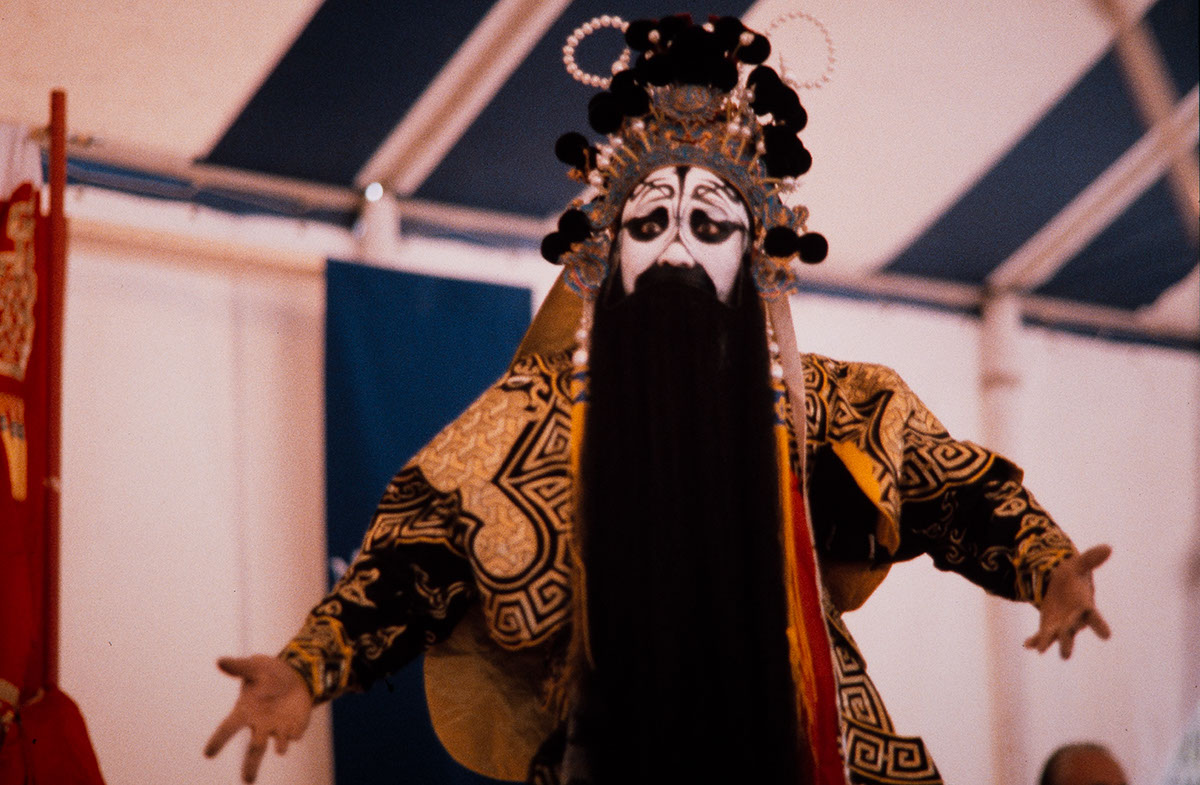

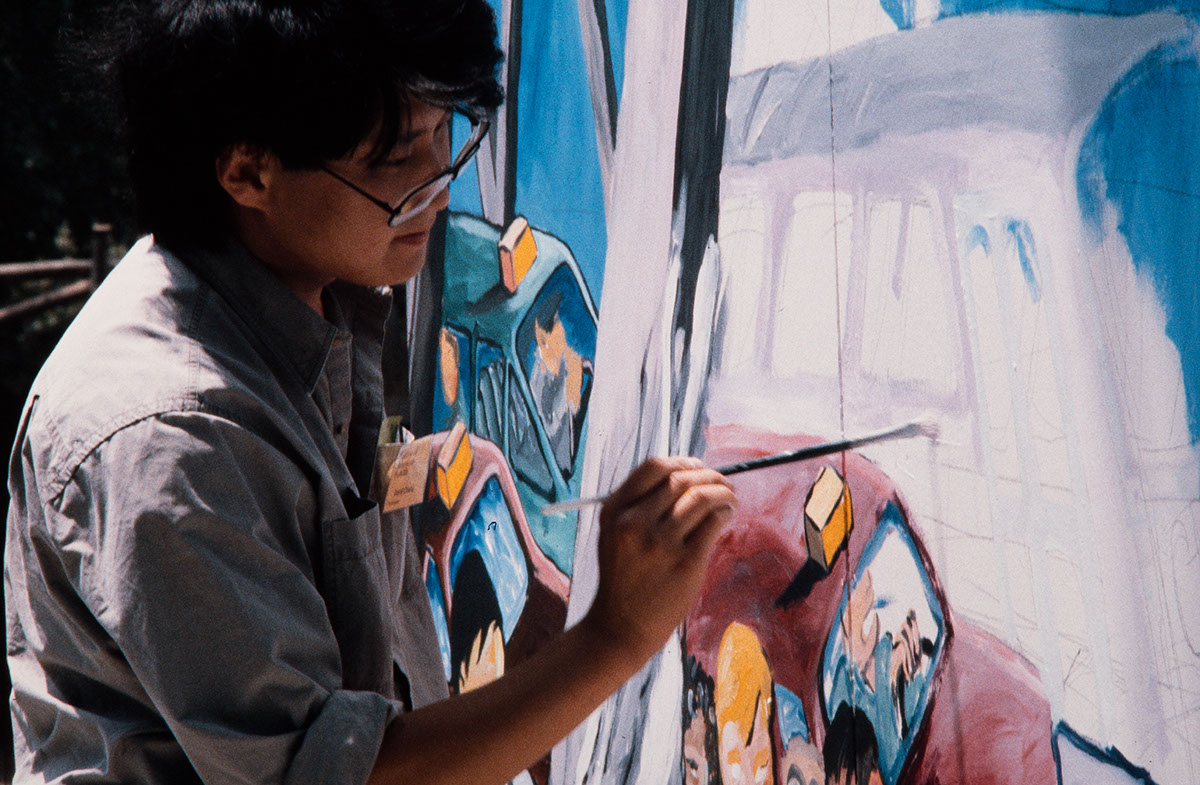
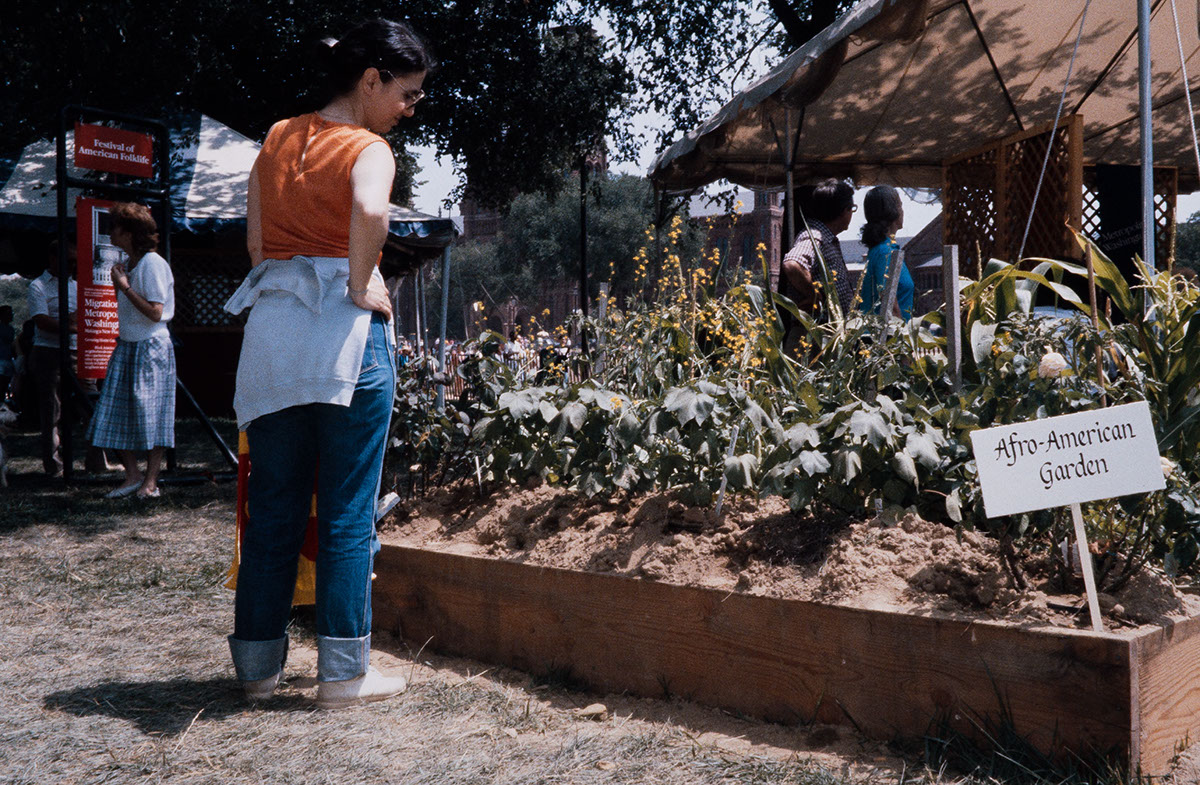
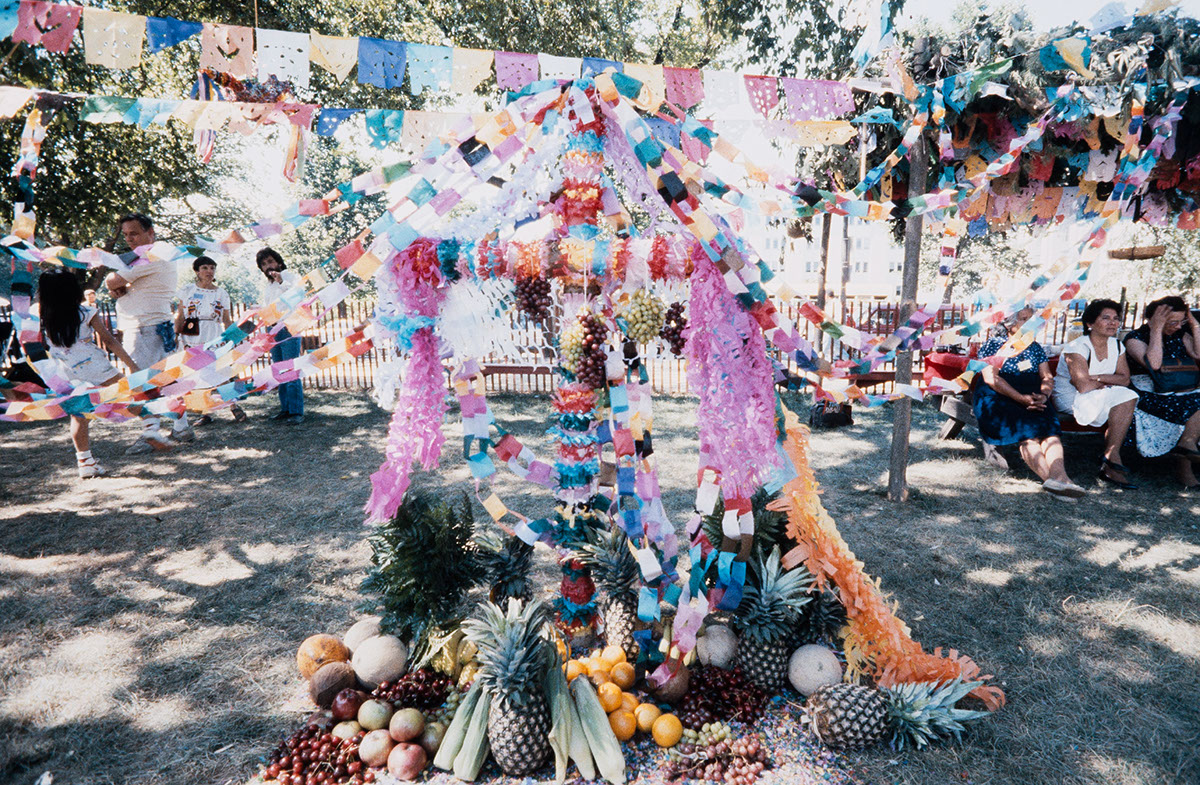
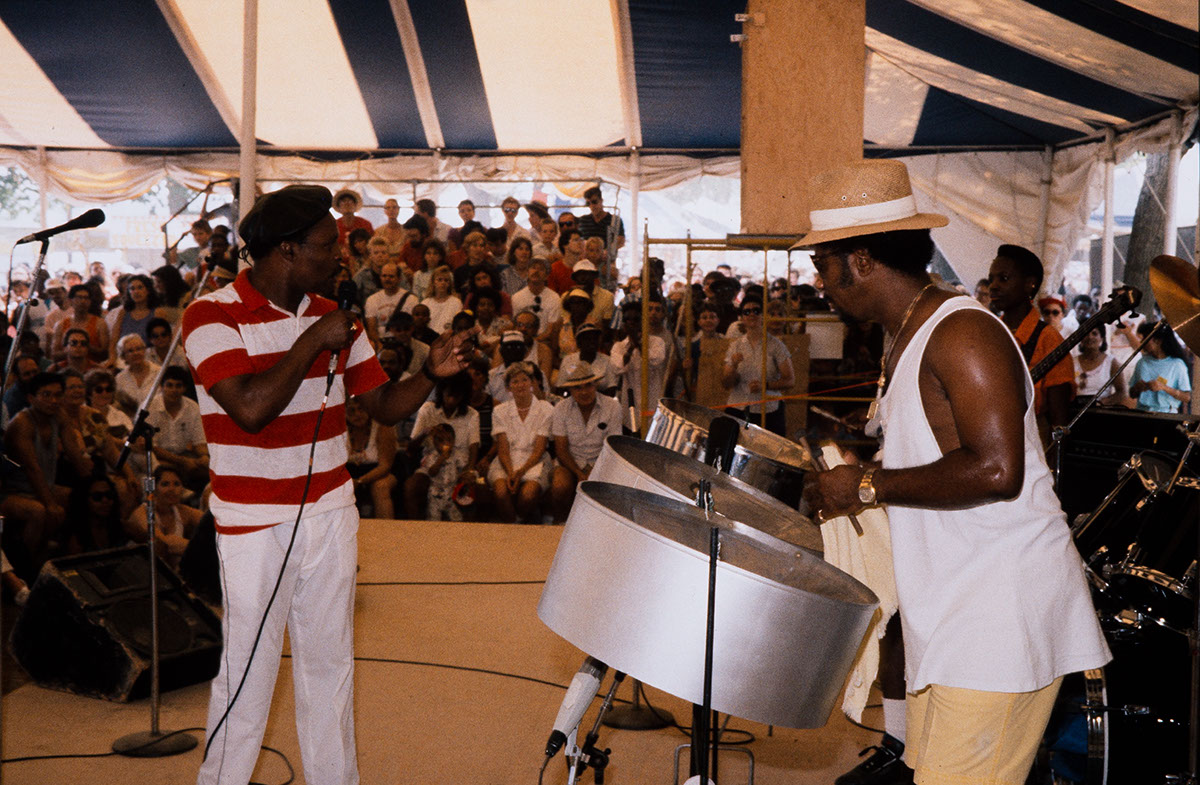
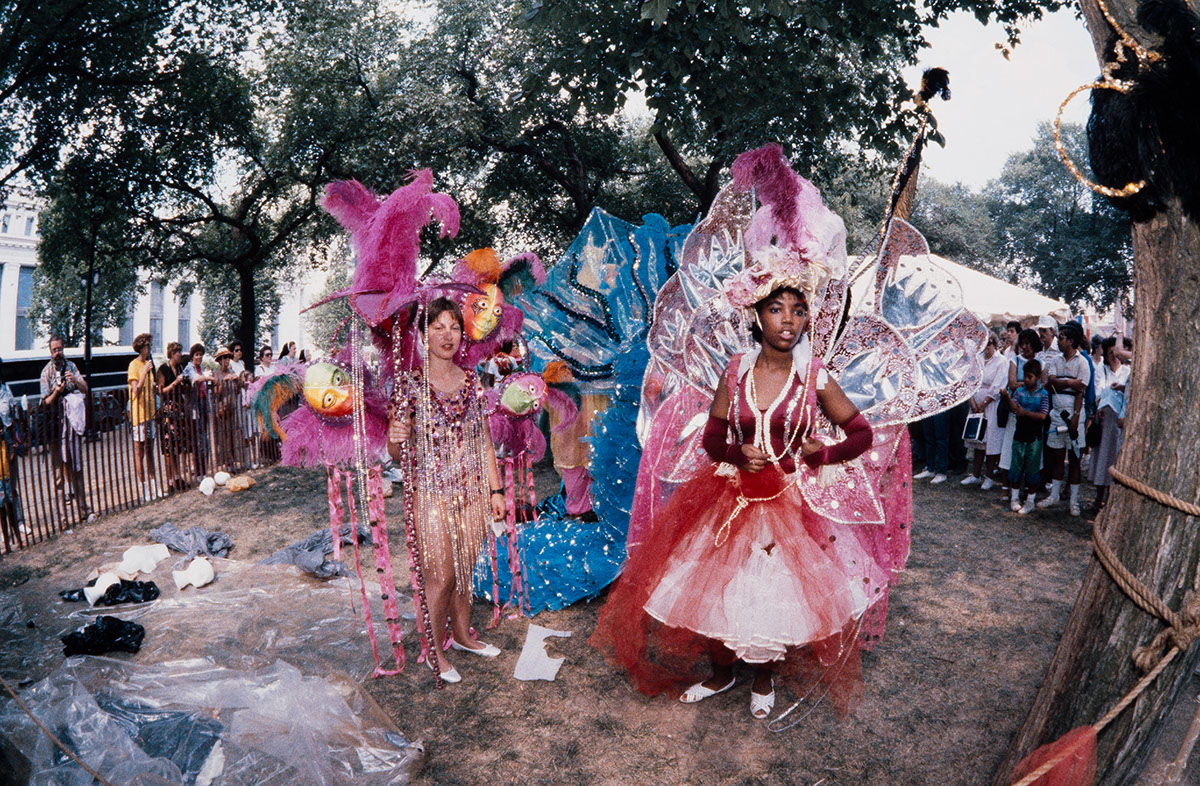
The second in a multi-year series, the Migration to Metropolitan Washington program offered a deeper look into the history and culture of the city that revealed more than just "official" Washington. Beyond the monuments to which millions pilgrimage each year exists a little recognized residential city undergoing a process of tremendous change and redefinition due to the impact of the migration of populations from all over the world. Washington in 1988 was the home of immigrants from more than sixty countries. Approximately twelve percent of the more than 3.5 million people in the metropolitan area were foreign born. Since the 1970s their number in the metropolitan area had tripled and since 1980 doubled. Traditional culture played an important role in making Washington home for people who have migrated to the city. Despite traumatic circumstances, if people bring little else with them, at least they carry their culture. They select, modify, adapt, reinterpret, revitalize, and drop aspects of their cultural traditions as they adjust to their new environment. In addition they adopt new traditions, synthesize and blend old with newer ones, and create new mechanisms for supporting and expressing who they see themselves to be.
As an urban setting Washington provides opportunities for people to interact with others with whom they might never have mingled and to behave in ways that they never could have in the home setting. This creates stimulae for the development of new forms of expression and distinctive local traditions arising out of the blends. The 1988 Festival program addressed these issues and many more. In telling their stories and demonstrating their traditions, immigrants to Washington allowed Festival visitors to understand the cultural aspects of migration and how they have attempted and in some cases succeeded in making a new place in the metropolitan area.
Phyllis M. May-Machunda was Curator of the program, with Camila Bryce-Laporte as Program Coordinator and Ann Dancy as Assistant Program Coordinator.

